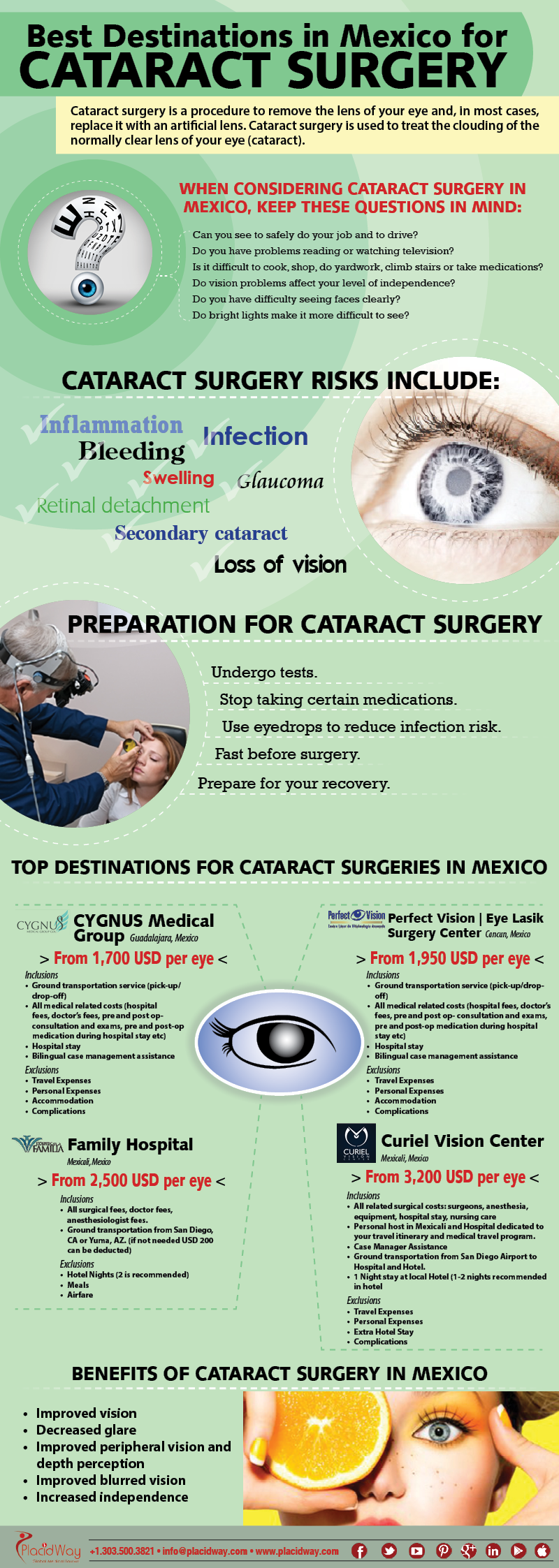Is SMILE Eye Surgical Procedure Perfect For You? Key Insights And Considerations To Assess
Is SMILE Eye Surgical Procedure Perfect For You? Key Insights And Considerations To Assess
Blog Article
Posted By-Clay Mooney
If you're contemplating SMILE eye surgical treatment, consider this: are you prepared to embrace prospective aesthetic freedom, or does the thought of any kind of dangers make you hesitate? Your decision will hinge on a mindful balance of evaluating the benefits against the unpredictabilities. It's important to dive deeper into the nuances of SMILE surgical treatment to make an educated selection that aligns with your visual goals.
Comprehending SMILE Eye Surgery
When considering SMILE Eye Surgical procedure, it is necessary to understand the procedure and its benefits. SMILE, which represents Little Incision Lenticule Removal, is a minimally invasive laser eye surgery that remedies typical vision issues like myopia (nearsightedness).
Throughout the procedure, your eye cosmetic surgeon will use a femtosecond laser to develop a little laceration in your cornea. Through this laceration, a little disc of cells called a lenticule is eliminated, reshaping the cornea and fixing your vision.
Among the vital advantages of SMILE Eye Surgical procedure is its fast recuperation time. Many individuals experience improved vision within a day or more after the treatment, with marginal pain.
In addition, SMILE is understood for its high success price in giving lasting vision improvement. Unlike LASIK, SMILE doesn't need the production of a flap in the cornea, minimizing the danger of issues and permitting a much more stable corneal structure post-surgery.
Understanding the treatment and its benefits is critical when considering SMILE Eye Surgical treatment for vision modification.
Advantages and disadvantages of SMILE
Considering SMILE Eye Surgical procedure for vision correction comes with different benefits and possible downsides.
Among the primary pros of SMILE is its minimally invasive nature, as it involves a tiny laceration and usually causes fast healing times. The treatment is likewise understood for causing marginal pain and completely dry eye signs and symptoms post-surgery contrasted to other vision correction techniques. Furthermore, SMILE has actually been revealed to provide exceptional aesthetic outcomes, with numerous patients achieving 20/20 vision or better.
On the other hand, a potential disadvantage of SMILE is that it may not appropriate for individuals with severe refractive mistakes, as the treatment variety is rather limited compared to LASIK. Another consideration is that the discovering contour for cosmetic surgeons executing SMILE can impact the availability of seasoned providers in certain locations.
It is essential to weigh these advantages and disadvantages very carefully when determining if SMILE is the right choice for your vision correction needs.
Figuring Out Qualification for SMILE
To figure out if you're qualified for SMILE eye surgical treatment, your eye doctor will carry out a detailed examination of your eye wellness and vision needs. During this assessment, variables such as the stability of your vision prescription, the thickness of your cornea, and the general wellness of your eyes will certainly be assessed.
Normally, https://jeffreykhrzi.blogolenta.com/26133178/the-duties-of-a-cataract-cosmetic-surgeon-acquiring-insight-into-their-proficiency-and-surgical-approaches for SMILE are over 22 years of ages, have a stable vision prescription for a minimum of a year, and have healthy corneas without conditions like keratoconus.
Your optometrist will likewise consider your general eye health, any type of existing eye conditions, and your lifestyle requires to figure out if SMILE is the appropriate selection for you. It's important to communicate any details aesthetic requirements or problems you may have throughout this assessment to ensure that the therapy straightens with your assumptions.
If you aren't qualified for SMILE, your optometrist might recommend alternate vision correction choices that much better suit your individual demands and eye health status.
Verdict
Ultimately, determining whether SMILE eye surgical treatment is right for you calls for mindful consideration of your specific eye health and visual needs. Talk to your eye doctor to establish your qualification for the treatment and consider the prospective benefits and disadvantages. https://www.verywellhealth.com/eye-surgery-5096088 in mind to interact any type of issues or inquiries you might have during the assessment procedure to make an enlightened decision concerning your vision adjustment alternatives.
